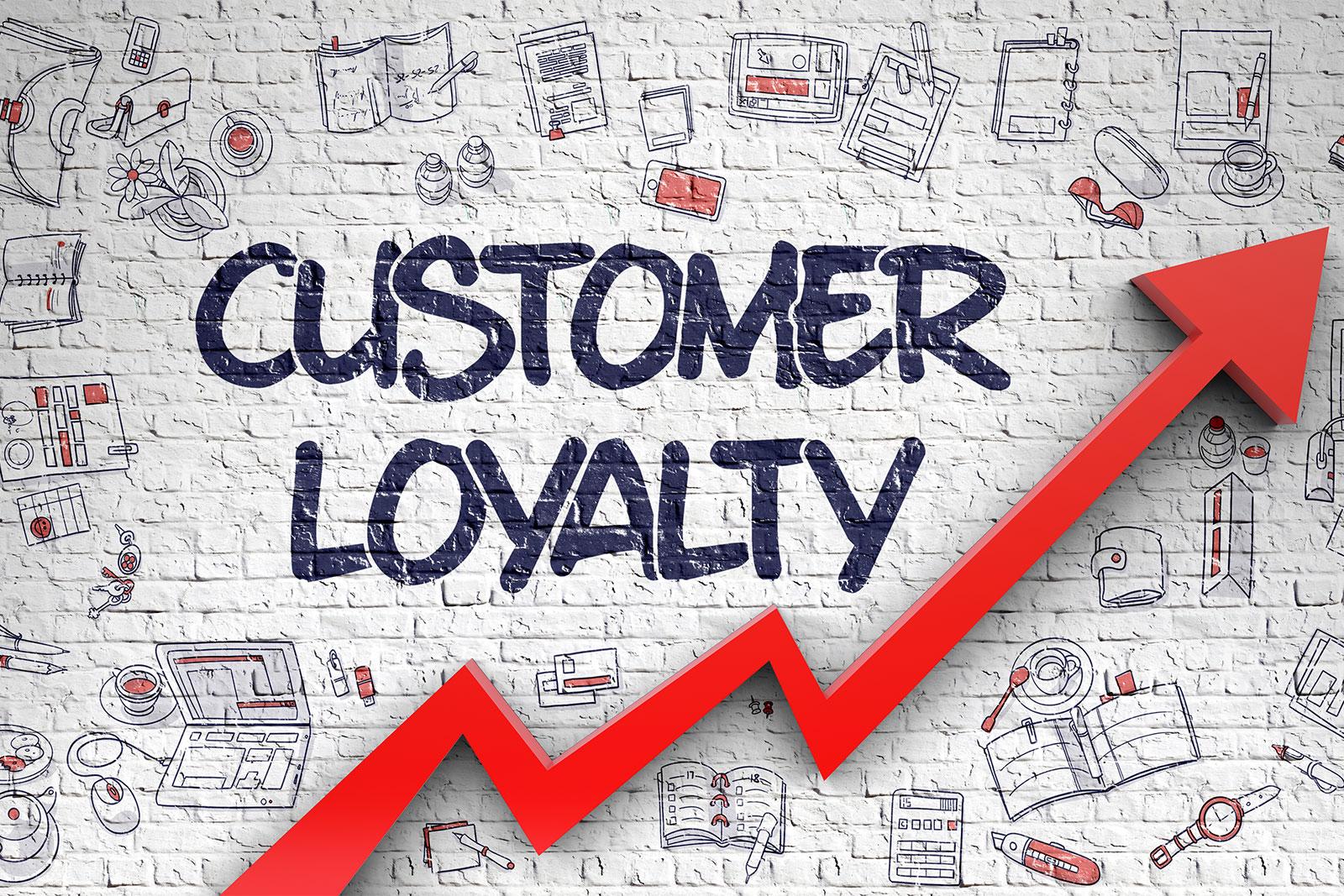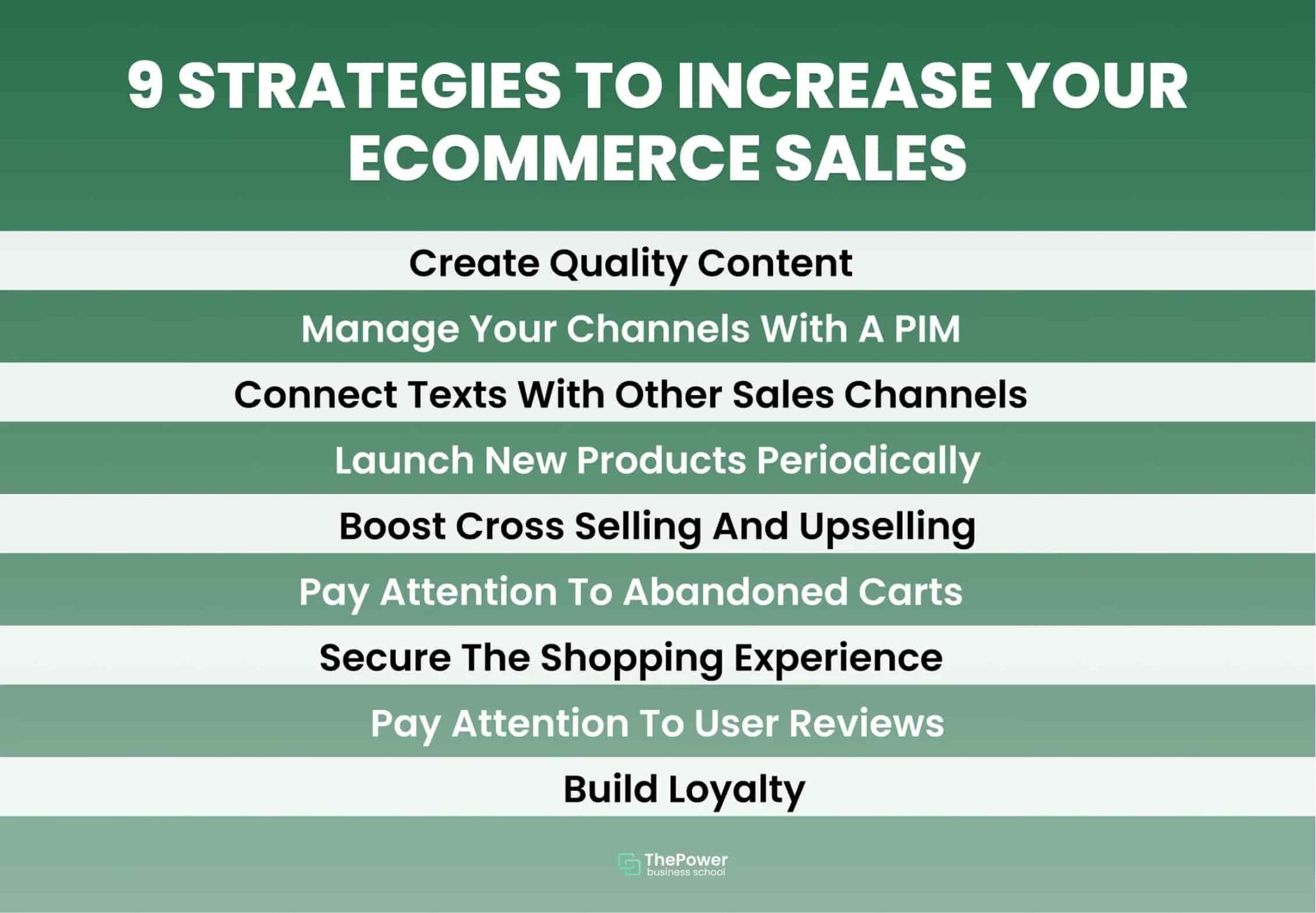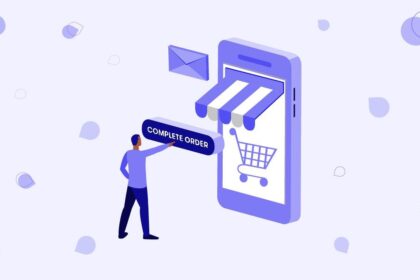In a world where the digital marketplace evolves at breakneck speed, small businesses find themselves at a crucial crossroads: adapt to the e-commerce revolution or risk being left behind. “Unlocking Growth: E-Commerce Strategies for Small Businesses” delves into the heart of this transformation, offering insights and practical guidance for entrepreneurs eager to harness the power of online retail. As traditional storefronts give way to virtual shopping carts, the opportunities for growth are immense yet complex. This article will explore innovative strategies, essential tools, and best practices tailored specifically for small businesses looking to not just survive but thrive in the bustling digital landscape. Join us as we uncover the keys to unlocking your business’s potential and carving out your niche in an ever-expanding online world.
Understanding Your Target Audience for Tailored E-Commerce Success
To effectively connect with your customers, it’s essential to delve deep into their preferences, behaviors, and motivations. One way to gather this information is through surveys and feedback forms, which can provide invaluable insights about what your audience is looking for in an e-commerce experience. Additionally, harnessing the power of social media analytics can help you determine demographic trends and popular content, allowing you to tailor your offerings accordingly. Other approaches to understanding your audience include:
- Creating customer personas that encapsulate the needs and desires of your target market.
- Implementing A/B testing to evaluate which products or marketing strategies resonate better with your audience.
- Engaging in community forums to get a firsthand look at conversations and trends relevant to your industry.
Furthermore, segmenting your audience based on specific criteria can significantly enhance your marketing efforts. By categorizing customers by demographics, purchasing behavior, or interests, you can craft personalized experiences that speak directly to them. Consider utilizing a table like the one below to illustrate how different segments may influence your e-commerce approach:
| Segment | Characteristics | Potential Marketing Strategy |
|---|---|---|
| Young Adults | Trendy, tech-savvy, value convenience | Social media campaigns & influencer partnerships |
| Parents | Family-oriented, value quality and safety | Email marketing with family-centric offers |
| Seniors | Price-sensitive, prefer straightforward navigation | Discount deals & simplified website layout |

Optimizing Your Online Store for Enhanced User Experience
Creating a seamless shopping experience is paramount for keeping customers engaged and converting visits into sales. Begin by streamlining navigation to ensure that users can effortlessly find what they are looking for. Employ intuitive categories, clear labels, and a powerful search function to enhance discoverability. Additionally, consider implementing filter and sorting options that allow customers to refine products based on size, color, price, and more. This capability not only saves time but also creates a more personalized experience.
Another essential aspect is optimizing the mobile experience. With an increasing number of consumers shopping through their smartphones, a responsive design is no longer optional. Ensure that your online store loads quickly and displays properly on various devices. Furthermore, simplifying the checkout process can drastically reduce cart abandonment rates. Here are some important points to consider:
- Guest Checkout: Allow users to purchase without creating an account.
- Multiple Payment Options: Include credit cards, PayPal, and digital wallets.
- Progress Indicators: Show users where they are in the checkout process.

Leveraging Digital Marketing to Drive Traffic and Sales
In today’s digital landscape, small businesses can achieve remarkable growth by harnessing the power of online marketing tools. A strategic blend of SEO, social media, and content marketing can significantly enhance visibility and attract potential customers. Search Engine Optimization (SEO) is essential for improving organic rankings on search engines, ensuring that your e-commerce site appears at the top when potential buyers search for relevant products. Additionally, leveraging social media platforms allows businesses to engage with their audience directly, creating a community around their brand that not only drives traffic but also fosters loyalty. Here are some key strategies:
- Keyword Optimization: Research and integrate long-tail keywords relevant to your products.
- Engaging Content: Develop blog posts, videos, and infographics that provide value and encourage shares.
- Targeted Ads: Utilize pay-per-click advertising and social media ads to reach specific demographics.
Moreover, implementing data analytics can provide invaluable insights into customer behavior and marketing effectiveness. By analyzing metrics such as conversion rates, bounce rates, and click-through rates, small businesses can tailor their approaches to better meet consumer needs. Employing tools like Google Analytics helps to track user interactions on your website, enabling you to refine your marketing strategies dynamically. Consider the following metrics that are crucial for e-commerce success:
| Metric | Purpose |
|---|---|
| Traffic Sources | Identify where visitors are coming from for targeted campaigns. |
| Conversion Rate | Measure how many visitors turn into customers. |
| Cart Abandonment Rate | Analyze the percentage of users leaving their carts before purchase. |

Building Customer Loyalty Through Personalized Engagement Strategies
In today’s competitive e-commerce landscape, crafting meaningful relationships with customers is vital for small businesses aiming for sustainable growth. Leveraging data analytics can empower companies to tailor their marketing efforts, ensuring that customers feel valued and understood. When you analyze customer behavior and preferences, you can create unique experiences that resonate deeply. Consider developing personalized email campaigns that showcase products based on previous purchases or browsing history. This approach not only boosts engagement but also fosters a sense of loyalty that encourages repeat business.
Implementing personalized engagement strategies can take various forms. Here are some effective tactics to consider:
- Customized Recommendations: Use AI algorithms to suggest items specifically suited to individual customers.
- Exclusive Offers: Send loyalty rewards or discounts based on purchase history, creating an incentive for customers to return.
- Personalized Content: Develop blog posts or articles that address the specific interests of your customer segments, enhancing their connection to your brand.
- Feedback Loops: Encourage customers to share their opinions and experiences, fostering a sense of community and involvement.
To better illustrate the potential impact of personalized engagement, consider the following table:
| Strategy | Impact on Customer Loyalty |
|---|---|
| Customized Recommendations | Increases conversion rates by 20% |
| Exclusive Offers | Boosts repeat purchase rate by 30% |
| Personalized Content | Enhances customer engagement time by 50% |
| Feedback Loops | Improves customer retention rate by 25% |
To Wrap It Up
As we draw the curtain on our exploration of e-commerce strategies tailored for small businesses, it becomes evident that the path to unlocking growth is paved with innovation, adaptability, and a keen understanding of customer needs. The digital landscape is ever-evolving, offering a wealth of opportunities for those willing to embrace change and leverage technology.
By implementing the strategies outlined in this article—be it enhancing your online presence, personalizing customer experiences, or optimizing your supply chain—you can empower your business to not only survive but thrive in this competitive arena. Remember, every big success starts with the first small step.
As you embark on your e-commerce journey, keep an open mind, stay informed about market trends, and, most importantly, listen to your customers. By doing so, you’ll not only unlock growth for your business but also cultivate lasting relationships that will sustain your venture for years to come. Here’s to your success in the digital marketplace—may you navigate it with creativity and confidence!



